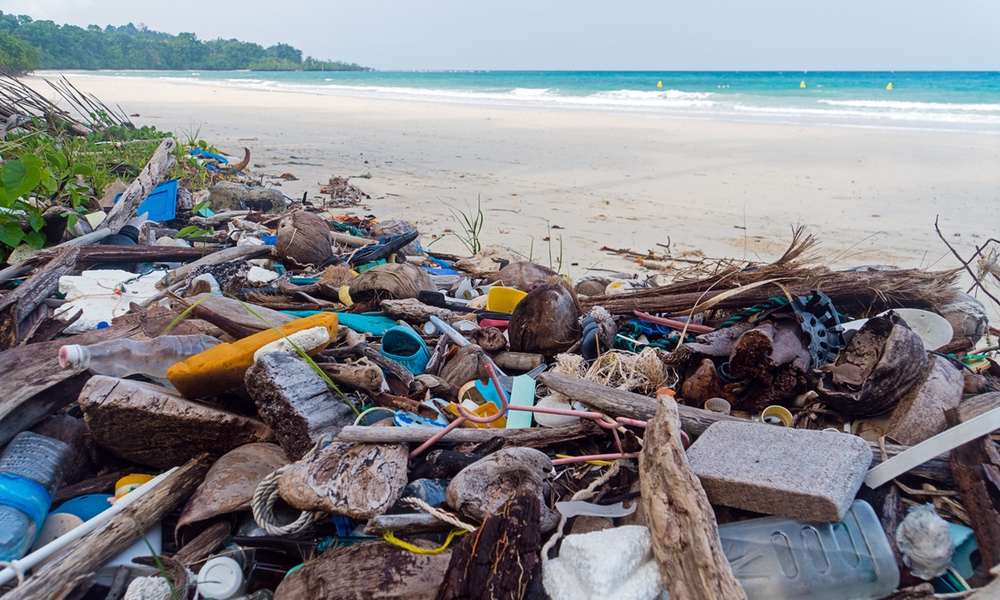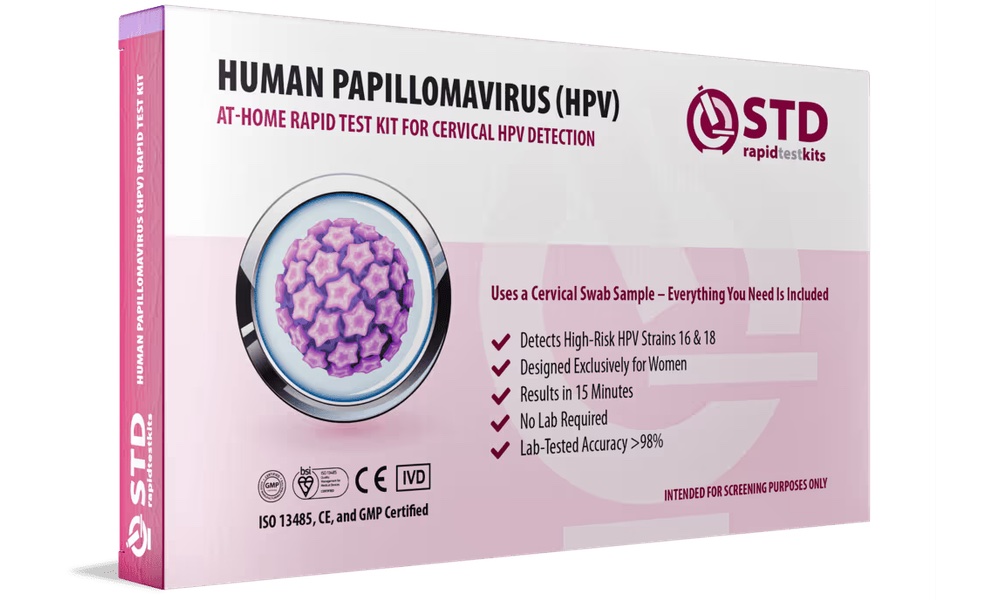A new study from McGill University reports that men significantly up their risk for developing several different types of cancer if they drink moderately to heavily over the course of their lives. Of the 13 types of cancer studied, six were significantly linked to how much beer or liquor – but not wine – the men consumed.
[A]mong moderate and heavy drinkers, the researchers found that the more alcohol one consumed, the greater his risk for developing these types of cancer.
Lead author Andrea Benedetti and her colleagues analyzed data from almost 3,600 men who were classified as daily drinkers, weekly drinkers, or non−drinkers. The 13 types of cancer studied were colon, bladder, liver, stomach, pancreatic, kidney, lung, esophageal, Hodgkin's lymphoma, non−Hodgkin lymphoma, prostate, rectal, and melanoma.
The team found a strong connection between drinking daily or weekly and six of the 13 different types of cancer. "We saw increased risk for esophageal cancer, stomach cancer, colon cancer, liver cancer, pancreatic cancer, lung cancer and prostate cancer," Benedetti said. "The strongest risk was for esophageal and liver cancer." Men who consumed the most alcohol upped their risk of developing esophageal cancer by 700%, and liver cancer by 800%. Prostate cancer risk was increased by 80%, and lung cancer by 50% in heavy drinkers.
The same connection was not found for wine consumption. However, the researchers weren’t able to analyze wine drinking to the same degree that they studied beer and liquor consumption. Benedetti underlines that she “wouldn't want to say that heavy wine drinking, for example, is OK. But it appears from what we found that light and moderate drinking of wine is not linked to an increased risk for cancer, while light and moderate consumption of beer and spirits does have some risk attached to it."
The results held strong even as researchers controlled for other variables that might potentially influence the results, like smoking, diet, and socioeconomic status.
Benedetti sums up her team’s findings by saying that "[f]or the most part we showed that light drinkers were less affected or not affected at all. It is people who drink every day or multiple times a day who are at risk. This adds to the growing body of evidence that heavy drinking is extremely unhealthy in so many ways. Cancer very much included."
The study was published in the latest issue of Cancer Epidemiology.




